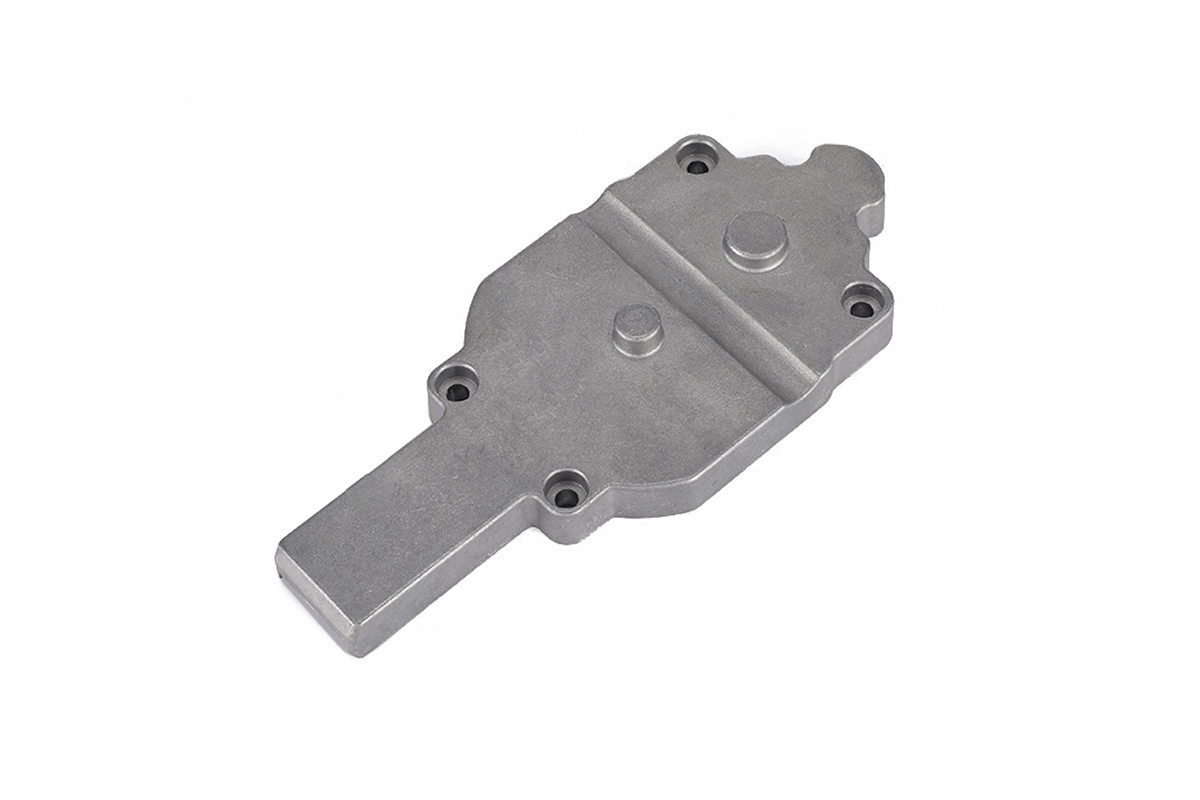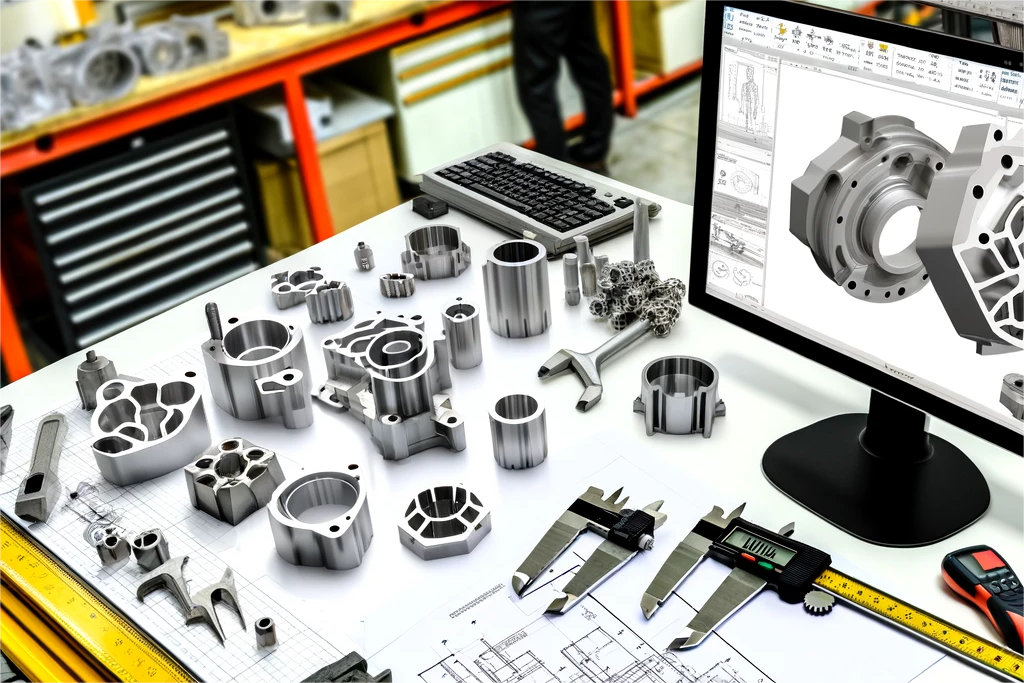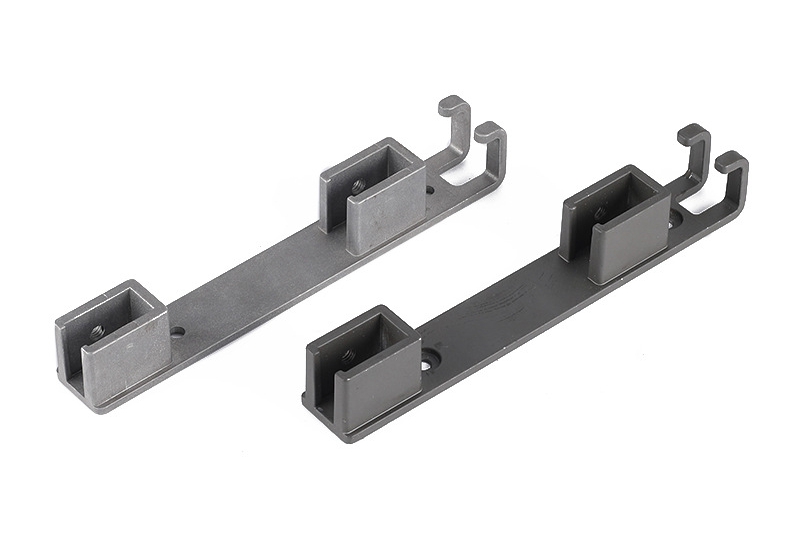Volkswagen Aluminum Die Cast Automotive Engine Parts
Project Background and Client Overview
Volkswagen, a globally respected leader in the automotive industry, is renowned for precision engineering, innovation, and stringent quality standards. For high-performance engine components, Volkswagen required advanced manufacturing capabilities, partnering with Neway Precision due to our expertise in aluminum die casting, specialized heat treatment, and high-accuracy CNC machining.
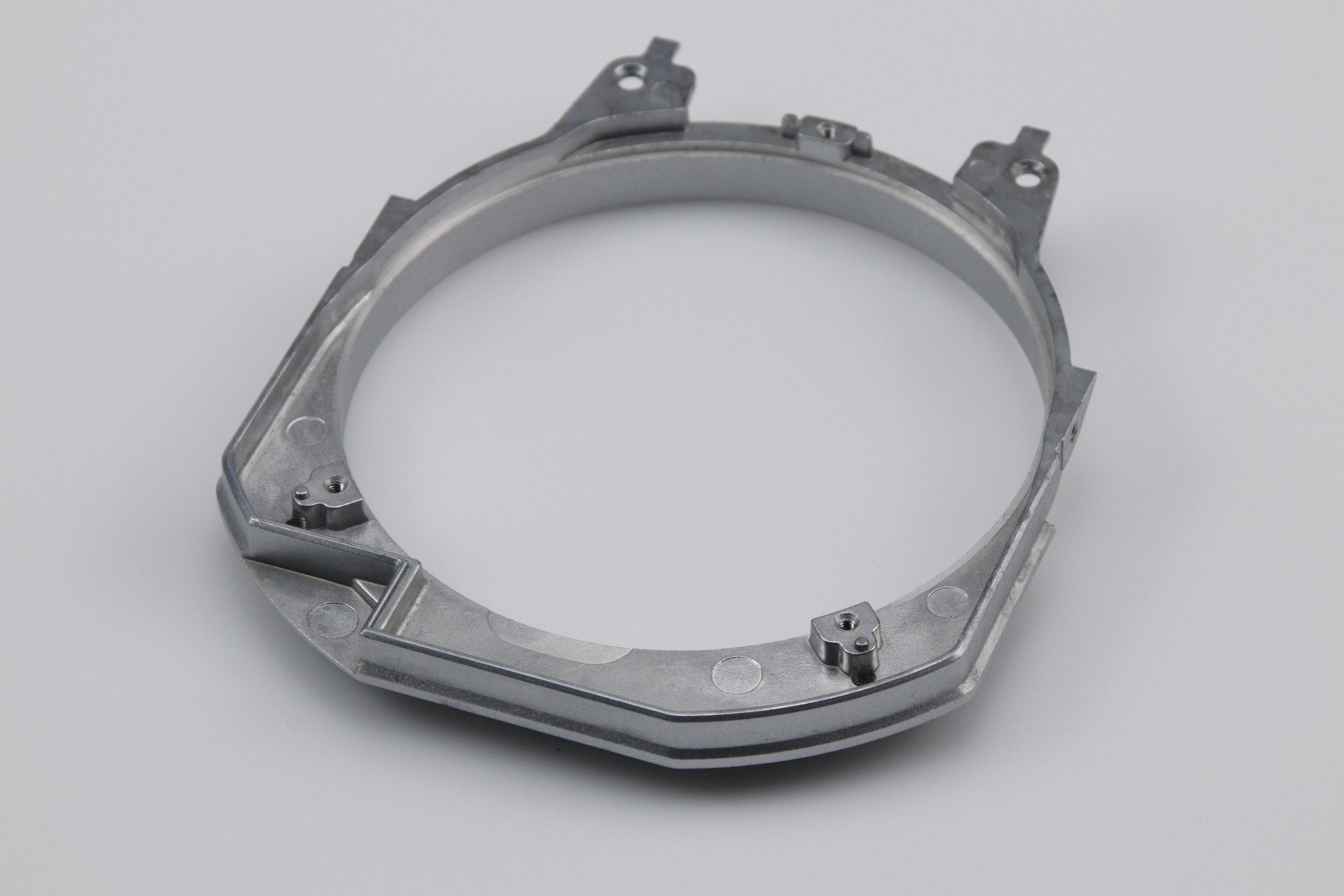
Product Introduction
Volkswagen’s automotive engine parts, manufactured through precision aluminum die casting, serve as critical components ensuring optimal vehicle performance, reliability, and durability. These parts include complex cast structures requiring superior mechanical properties achieved through controlled heat treatment, precise dimensional accuracy, and detailed finishing through CNC machining.
Client Introduction
Volkswagen Group is one of the world's largest automotive manufacturers, recognized globally for excellence in engineering, vehicle safety, and innovation. Volkswagen continually sets industry standards by delivering vehicles with robust, reliable, and meticulously crafted components.
Project Requirements and Technical Challenges
Volkswagen’s technical requirements for automotive engine parts included:
Lightweight aluminum components with superior mechanical strength and thermal stability.
Precision die-cast components requiring exact dimensional tolerances within ±0.02 mm.
Specialized heat treatment processes enhancing mechanical properties such as tensile strength and fatigue resistance.
High-precision CNC machining to guarantee exact fit and seamless integration into automotive engines.
Technical challenges involved precise casting of intricate geometries, maintaining strict tolerances, achieving uniform heat-treated properties, and avoiding typical defects such as porosity or warping.
Manufacturing Process and Solutions
Process Step | Description |
|---|---|
Aluminum Die Casting | Utilized high-performance aluminum alloy (A380) known for excellent castability, strength, and thermal properties, using advanced die-casting equipment to achieve intricate shapes. |
Heat Treatment | Applied specialized heat treatment (T6 tempering) processes to significantly enhance the tensile strength, durability, and dimensional stability of components under high-stress engine conditions. |
CNC Precision Machining | Performed precision CNC machining on critical areas (±0.02 mm tolerance), including surfaces and fitting points, ensuring seamless assembly into Volkswagen engine systems. |
Throughout production, rigorous quality control ensured adherence to strict automotive standards, achieving exceptional dimensional consistency and defect-free components.
Project Outcome and Client Feedback
All engine components were delivered within the designated timeline, accompanied by comprehensive dimensional and quality inspection reports confirming strict adherence to Volkswagen’s exacting standards.
Volkswagen expressed strong satisfaction, specifically highlighting Neway Precision’s capability in managing complex casting geometries, ensuring uniform heat treatment results, and achieving precise CNC machining accuracy. The delivered components significantly enhanced engine performance, reliability, and durability, contributing positively to Volkswagen’s overall product quality.
Detailed visual documentation demonstrated component quality and accurate fitting into Volkswagen’s engine assemblies.
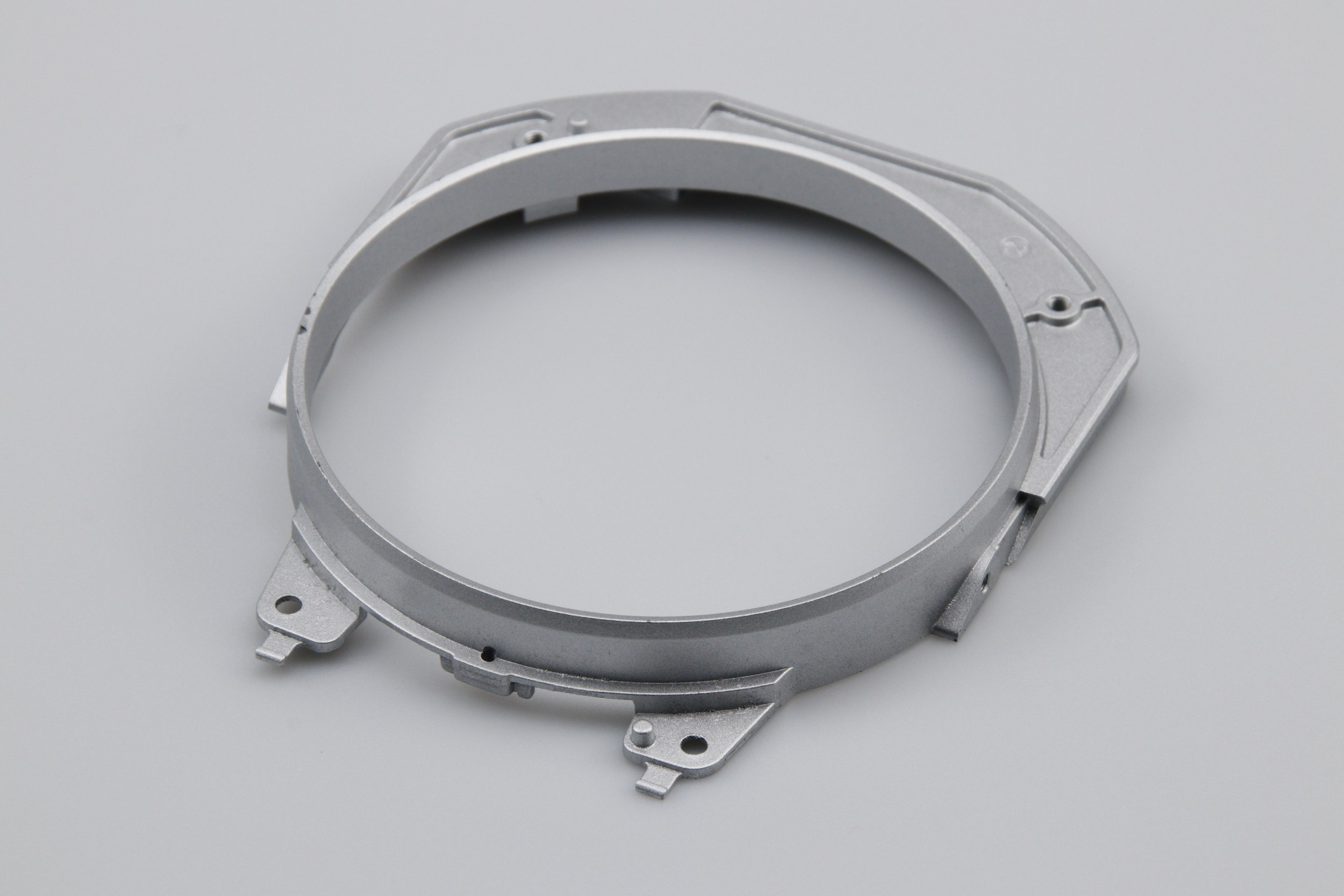
Conclusion and Strategic Impact
This collaboration exemplifies Neway Precision’s manufacturing expertise in automotive-grade aluminum die casting, heat treatment, and CNC machining. Successfully meeting Volkswagen’s stringent standards reinforces our industry credibility, highlighting our capability to deliver sophisticated, reliable, and high-quality aluminum engine components for leading automotive brands.
Call-to-Action
Discover Neway’s specialized automotive manufacturing solutions:
FAQs about Volkswagen Automotive Engine Parts Project
What aluminum alloys are recommended for automotive engine component casting?
How does heat treatment improve the performance of aluminum die-cast engine parts?
What machining tolerances does Neway Precision typically achieve for automotive components?
What measures ensure consistent quality during large-scale aluminum casting production?
How quickly can Neway Precision transition automotive parts from prototype to mass production?
